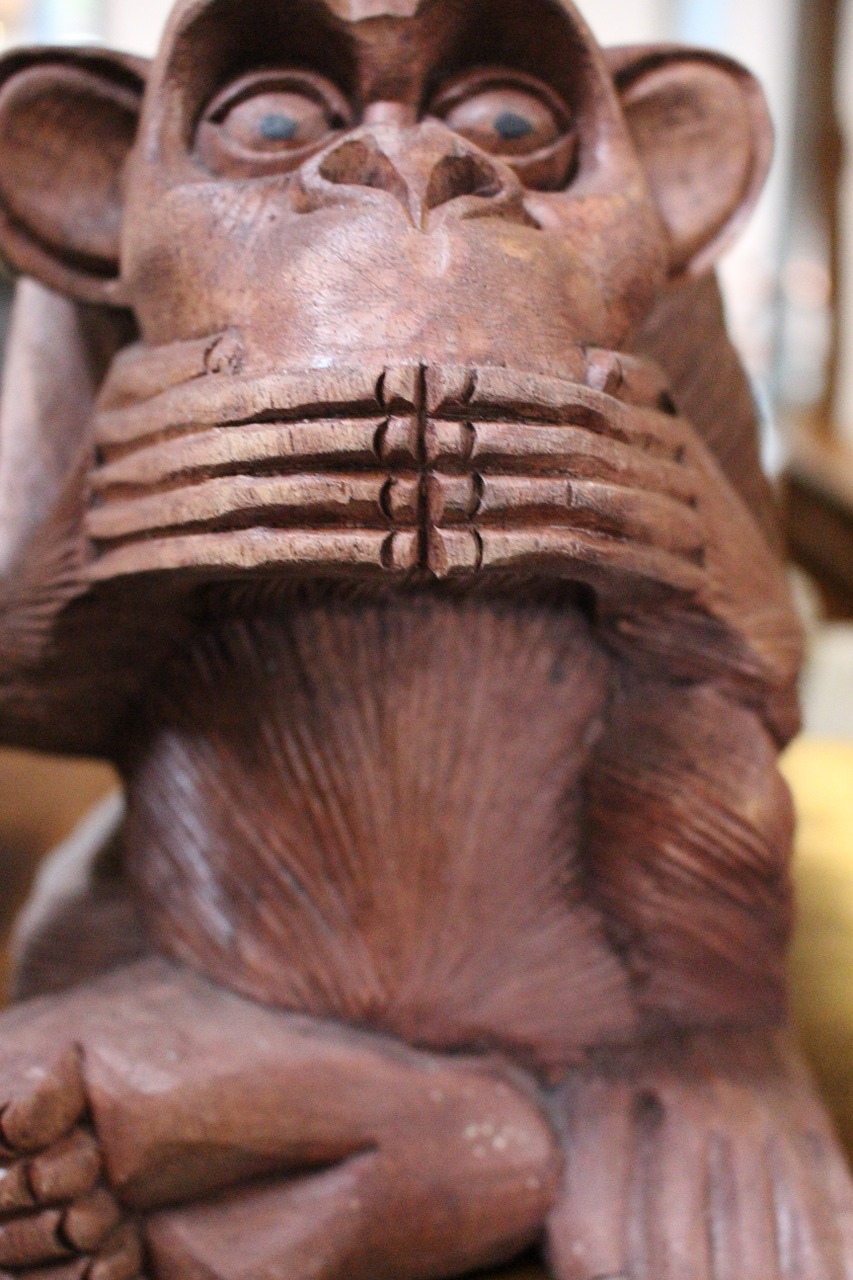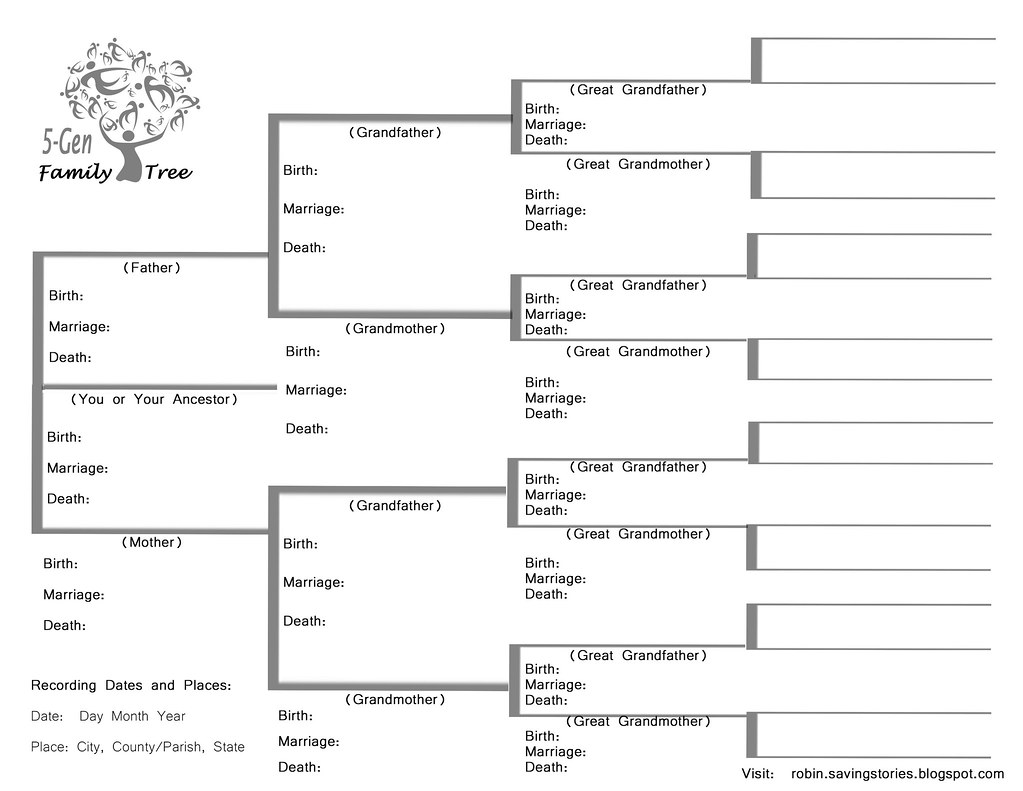Blog
The Faith of Zechariah
Tuesday, January 14, 2020
One of the most hopeful things about the Bible is that it chronicles the flaws not only of the wicked, but of the righteous too. Nearly every Biblical character is depicted as falling short in some way, but despite their failures, they pick themselves up, press on, and eventually receive God’s approval.
We see this pattern in the life of Zechariah, the father of John the Baptist. He is undoubtedly a good man. Indeed, Luke 1:6 describes both him and his wife as “walking blamelessly in all the commandments and statutes of the Lord.”
However, when this good man encounters the angel Gabriel as he serves in the temple, the limitations of his faith become apparent. Gabriel tells him that he will have a son, but decades of experience have shown him that he and his once-barren, now-old wife are incapable of having children. He chooses to believe his experience rather than God’s word, and he is stricken with muteness because of it.
Despite his unbelief, after his return from temple service, his wife conceives, and in due time, his miracle son is born. Then, the Bible story gets weird. Elizabeth and the family get into an argument over whether the child is going to be named “Zechariah” (after Daddy) or “John” (as Gabriel had said). She insists on “John”, and the still-mute Zechariah confirms her decision in writing. At this point, his speech impediment is removed, and he begins to glorify God.
This story doesn’t make much sense to people from our society, so we have to do our best to read it through first-century eyes. Throughout the Bible, it’s obvious that children, especially sons, are extremely important—even more so than in our time. Not only did sons provide for their parents in old age, they also—to a people with an uncertain grasp of the afterlife—offered a kind of immortality. As long as your sons continued, you did too.
This is why the relatives want to name the baby “Zechariah”. Against all the odds, this faithful, elderly priest is going to have a future! However, Zechariah knows that his son’s life won’t be about him. It will be about God. His course will be so different that only the name given by God, a name that no one in his family ever has worn, would be appropriate. In affirming God’s choice, Zechariah also affirms that John’s life will be about the hope of Israel, not the hope of Zechariah.
Zechariah’s spiritual struggles resonate with even the best of us. We too know how hard it is to trust God’s word instead of our experiences. We know what it’s like when God’s goals for our lives collide with our own.
Faith doesn’t necessarily mean that we get everything right in the moment. Like Zechariah, we can get ambushed by a spiritually crucial decision we didn’t see coming. Faith does mean, though, that if we get off track and suffer the consequences, we don’t give up. We fight through the hard times, we try to figure out where God wants us to go, and we go there. As Zechariah learned, we too will learn that regardless of what has come before, if we will seek the Lord, we are sure to find Him.
Week 2 Summaries and Questions
Sunday, January 12, 2020It's not too late to download a copy of The Life and Teachings of Jesus 2020 Reading Plan PDF and follow along with us.
The Life and Teachings of Jesus - Week 2 - January 13-17:
Monday – Luke 1:39-56: Today’s reading brings the two previous passages together into one event. Mary’s visit brought a reaction from John in Elizabeth’s womb. Through the Holy Spirit (cf. Luke 1:15, 41), the Messiah’s forerunner gives testimony to the Messiah even before he was born. Elizabeth praises Mary for filling an important role in the history of salvation (vv. 42-45). Mary replies to Elizabeth with an inspired utterance. Her hymn of praise in vv. 46-55 is known as the Magnificat, (Latin for “Magnifies”). There are strong echoes of Hannah’s prayer in 1 Samuel 2:1-10 in Mary’s words. A striking feature of this hymn is the fact that Mary views God as overthrowing established authorities in favor of the weak and poor.
Respond to God’s deeds of salvation for you in the model of Mary and Elizabeth. Write a few lines praising God (or copy a few lines from your favorite hymn). Share your words with a friend or post them on social media so that God may be praised by others.
Tuesday – Luke 1:57-66: The next two readings complete the birth narrative of John. In keeping with Gabriel’s words (Luke 1:14), the surprising news of John’s birth gladdens the hearts of Zechariah and Elizabeth’s neighbors. Next, the focus of the narrative turns to the circumcision ceremony that occurred eight days after John’s birth (cf. Genesis 17:12; Leviticus 12:3). It’s during this time that a male child receives his name. Those present (the priests performing the ceremony perhaps?) want to name the child “Zachariah after his father” (v. 59). However, when the parents demand the child be named “John” (v. 60, 63; cf. Luke 1:13) Zachariah’s “mouth was opened and his tongue loosed, and he spoke, blessing God” (v. 64; Luke 1:20).
Note, that three times Luke described people’s spontaneous reactions to the happenings surrounding John’s birth (vv. 58, 63b, 65-66). What do you think might be Luke’s purpose in repeating this fact?
Wednesday – Luke 1:67-80: Often referred to as the Benedictus (Latin for “Blessed”) the prophecy of Zacharias ends the birth narrative of John. The one who disbelieved (Luke 1:20) now believes, and his first response is to praise God. His prophecy (v. 67) has two sections. The first part (vv. 68-75), set in past tense, declares God’s faithfulness to the covenant with Abraham. The second part (vv. 76-79), set in the future, foretells the redemption promises to Israel that are signified in the birth of John.
For what character qualities and acts does Zechariah praise God? In what way(s) might this prayer influence your own prayers to God?
Thursday – Matt. 1:18-25: Matthew tells the story of the birth of Jesus from the standpoint of Joseph rather than Mary, as Luke does. In his narrative of events, Matthew simply states that Mary became pregnant due to activity of the Holy Spirit, then goes on to tell what Joseph does. When Mary was “found to be with child” (v. 18) that was not Joseph’s, it was expected that he would divorce her (even an engagement required a formal divorce). Nevertheless, an angelic visitor tells him not to do so because all this has happened to fulfill the prophesy of Isaiah 7:14.
These extraordinary events bring Joseph face to face with a difficult decision. What personal qualities does he display in the way he handles the situation?
Friday – Luke 2:1-7: Luke anchors Jesus’ birth in history, in the powerful world of Rome. Our Savior’s advent is not a myth, but rather it is a record of divine activity in historical time. “In those days” (v. 1), God used a Roman emperor’s decree to fulfill the plan He announced in Micah 5:2. Because Joseph was of the lineage of David, he was required to register for the new tax at his ancestral home of Bethlehem (cf. 1 Samuel 17:12). It’s popular to imagine Mary arriving into the town, riding a donkey while in active labor, or at the very least having contractions. Luke however, clearly implies that the family had been in there for some time, “While they were there,” he states, “the time came for her to give birth” (v. 6). In the crowded confines of the village, the only comfortable place to lay the newborn Messiah is a “manger” (v. 7) the lowly feed trough of cattle, sheep, and goats.
Why do you think God had His Son born in the circumstances described in 2:7, rather than in a royal or at least a comfortable household? (consider: 2 Corinthians 8:9; Philippians 2:1-10)
Keep on reading my friends. See you next week.
"Living for Jesus" (Prayer Service, 1-12-20)
Friday, January 10, 2020
We'll be meeting at the Jackson Heights building at 3 PM this Sunday to ask the Lord's blessing on the new year. Hope you can join us!
- By Abiding in the Word (John 8:31-32)
Hymn: How Firm a Foundation (248)
Prayer: for zeal for the Scriptures - By Keeping His Commandments (John 14:15)
Hymn: Trust and Obey (714)
Prayer: for more godliness - By Loving One Another (John 13:34-35)
Hymn: Blest Be the Tie (76)
Prayer: for increased love for each other - By Teaching Others (Matthew 28:18-20)
Hymn: Will You Not Tell It Today? (783)
Prayer: for boldness in proclaiming Jesus - By Supporting Others’ Work (Matthew 9:35-38)
Hymn: Far and Near (139)
Prayer: for foreign evangelists and our willingness to help them - By Becoming Like Him (Philippians 2:5-8)
Hymn: O to Be Like Thee (499)
Prayer: for greater Christlikeness - Invitation
Invitation Hymn: Living for Jesus (402, vs. 1-4, then chorus)
Lord’s Supper
Closing Prayer
God, Who Made the Earth and Heavens
Tuesday, January 07, 2020
God, who made the earth and heavens,
Rules them all by His commands;
Such a God does not inhabit
Temples made with human hands.
Nor do human hands sustain Him;
He needs nothing we can give,
But instead, He gives us freely
Every gift we need to live.
From one man, He made each nation,
All who dwell upon the earth,
Fixing their appointed seasons
And their boundaries from birth.
He desires for all to seek Him,
Not too far for each to find:
God, in whom we have our being,
God, the Father of mankind.
We cannot confine His nature
To an image we invent;
Overlooking former folly,
Now He calls us to repent.
Through a Man whom He appointed,
God will judge as He has said,
Having proved to all His purpose
When He raised Him from the dead.
Those Boring Genealogies
Monday, January 06, 2020
Among other texts, the first week of our Bible-reading plan for 2020 includes Matthew 1:1-17. This, along with Luke 3:23-38, gets my vote for being the most difficult section of the New Testament to read. It is all one great big genealogy. Many of the names in it are polysyllabic, unfamiliar, and unpronounceable. The people they represent often don’t show up elsewhere in the Bible, except in other genealogies. Brethren commonly read a verse or two and then give up. I myself have been known to skim the genealogies every time they appear in my reading schedule.
Sooo. . . why are the genealogies there? Why should we pay attention to them?
There are several reasons. First, they show the fulfillment of prophecy. In Genesis 22:18, God promises Abraham that through his seed, all the nations of the earth would be blessed. Jesus’ descent from Abraham proves that this promise was fulfilled through Him. Similarly, 2 Samuel 7:13 contains God’s promise to David that one of His descendants would be established as king forever. This too was fulfilled in Jesus, and we can tell that it was because Jesus’ genealogy shows His Davidic lineage.
Second, Jesus’ genealogy foreshadows His work. Even today, we recognize that sons are often like their fathers. This conviction was much stronger 2000 years ago. People would expect a descendant of David to be like David: one who could challenge and defeat the enemies of his people, one who would rise to become king. Though Jesus did not meet these expectations in the way that most people thought He would, they still held important clues about His work and its results.
Third, the genealogy of Matthew 1 shows the completion of God’s plan in Jesus. Matthew explains in 1:17 that Jesus’ genealogy divides up into three fourteen-generation segments. This is not literally true, and any Jewish reader of Matthew’s gospel would have known that it was not literally true. In order to achieve his three fourteen-generation groups, Matthew leaves out people. According to 1 Chronicles 3:17-19, Zerubbabel was the grandson of Shealtiel, not the son. Matthew omits Pedaiah.
This does not imply that Matthew made a mistake. After all, Zerubbabel is frequently called “the son of Shealtiel” in Scripture, just as Jesus is called “the son of David”, even though neither of those things is literally true. Instead, it shows us that bare chronological reconstruction is not Matthew’s purpose (and we should be wary of using Biblical genealogies for purposes other than that of the writer).
Rather, Matthew is making a numerological and thematic statement. Three is a sacred number. So is seven. Both indicate completion. By redacting Jesus’ genealogy so that it is made up of three groups of two sevens each, Matthew indicates the sacredness and completion of God’s purpose. The time of the patriarchs, the time of the kings, and the time after the exile all are finished. Now, the time of King Jesus can begin.



